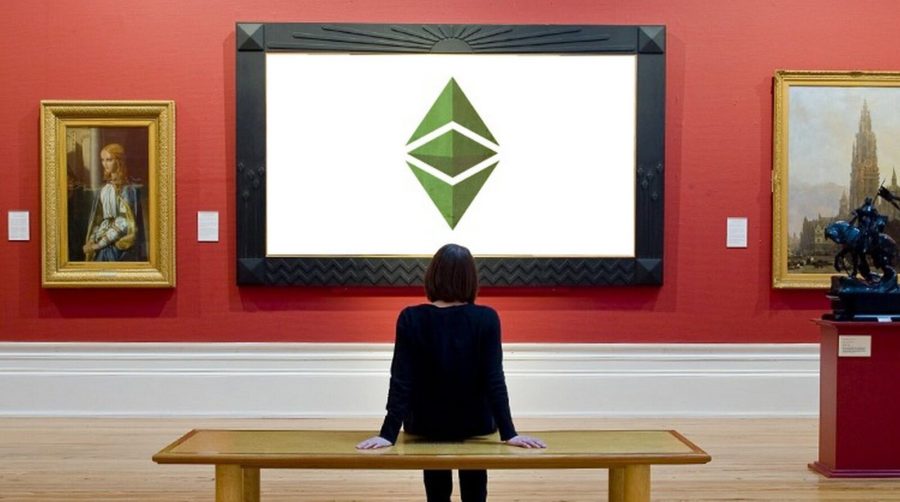
Access to law
The law? It’s what you believe it to be
18 September 2025

Uncategorized

“People … prefer stories that affirm their views of themselves, and of others, and of the world around them. The challenge for those who want to place the discussion of law and policy (and other things) on a sounder basis is to find ways to make people care about the actualité of the case rather than the […]

Reposted from the Internet for Lawyers Newsletter: In 2022, Twitter peaked at 368 million active users. It was the platform of choice for journalists, politicos and commentators across most disciplines, enabling users to curate their own news feeds and engage in informed debate, without significant interference from advertising or unwanted attention. Twitter was not, by some […]

On scl.org: Digital Assets: What is the Law Commission considering?Simon Deane-Johns summarises the Law Commission’s recent consultation on digital assets – “a veritable textbook on the English law of personal property” – and gives a personal angle on some of the proposals put forward. On law.com: DoNotPay Slapped With California Class Action for Unlawful Practice […]

My piece about new Case Law service from the The National Archives.

There’s a buzz currently around Web3. “What’s that?”, you ask. You’ve doubtless heard of cryptocurrencies and perhaps now also about blockchain and NFTs. These are all part of the same picture, but how do they relate to each other and where will they lead us? The 1-2-3 of the web on the Internet Newsletter for […]

I have been writing about the internet for lawyers since 1995 when it first entered the public consciousness and the first few legal websites were born. These early writings, and many since, are published here Binary Law. In 2007 I joined Delia Venables editing the Internet Newsletter for Lawyers, launching the Newsletter online on infolaw. A […]

Since the beginning of the “information revolution” there has built up a tension between the rights of the owners of information and other intellectual property and the practical ability and desire of others to exploit that property using the developing technologies. This tension heightened considerably with the popularisation of the internet and the web as […]

In the late 90s as there was a thirst for guidance on what this new thing called the internet was and what it could offer the lawyer. Today we all take the internet for granted and few concern ourselves with what it actually is, even fewer how it works. In fact a 2019 survey by […]

FutureLearn FutureLearn provide structured online learning courses in partnership with hundreds of universities and other bodies. These cover all subject areas and range from short courses, through professional accreditation programmes, to university degrees. Courses are divided into “weeks” of prescribed activities. You can learn by watching videos, listening to audio and reading articles. Many of […]

Digital Technology and the Resurrection of Trust The House of Lords Select Committee on Democracy and Digital Technologies has produced an important Report which focuses on a crisis “with roots that extend far deeper, and are likely to last far longer than Covid-19.” This virus, that affects us all, is the pandemic of misinformation and […]

See You Out Of Court See You Out of Court at buzzsprout.com/815344 is a new podcast focusing on new ways to resolve disputes without burning vast amounts of money through the courts. The podcast will inform you of all the options to resolve disputes without going to court, whether mediation, arbitration, adjudication, ombudsmen schemes and, importantly, […]

In the last issue of Internet Newsletter for Lawyers, I reviewed Richard Susskind’s Online Courts and the Future of Justice: Four years on and Professor Richard Susskind has written the same book he wrote last time, so he says. He jests, yet again. The message and the underlying arguments remain constant; the same analogies are […]

In its Report to the Civil Justice Council in February 2015, Online Dispute Resolution for Low Value Civil Claims, the ODR Advisory Group, chaired by Prof Richard Susskind recommended the establishment by HMCTS of an online court for low value civil claims, called HM Online Court (HMOC). This would overcome the fact that current practice […]

12 March 2019 marked the 30th anniversary of Tim Berners-Lee’s proposal envisioning a unifying structure for linking information across different computers using hypertext, which by 1991 had been developed and became known as the World Wide Web. The day was marked by three celebratory events around the world, all attended by Tim: at CERN in […]

My article in the Internet Newsletter for Lawyers January 2018 issue: The inventor of the web, Tim Berners-Lee, and others advocated that the underlying code for the web should be made open – publicly available on a royalty-free basis, forever. His employer, CERN, concurred and announced this in April 1993, thus sparking a global wave […]